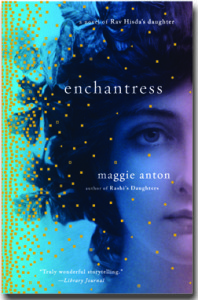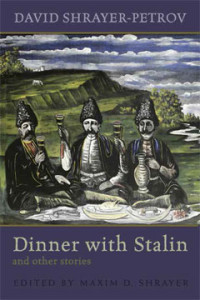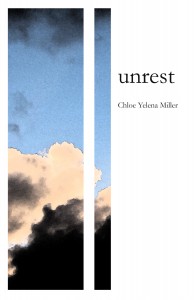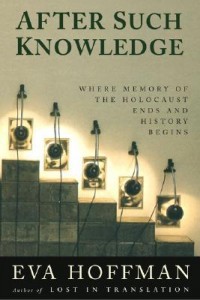Three Surprises for Maggie Anton
 I don’t often run guest posts here on My Machberet, but I’ve admired Maggie Anton for such a long time–and she asked me so nicely!–that I had to agree to her request. I hope you’ll enjoy discovering “three surprising things” that she learned about Jewish history while researching her latest novel, Enchantress: A Novel of Rav Hisda’s Daughter, which has been described as “a novel that weaves together Talmudic lore, ancient Jewish magic, and a timeless love story set in fourth-century Babylonia.”
I don’t often run guest posts here on My Machberet, but I’ve admired Maggie Anton for such a long time–and she asked me so nicely!–that I had to agree to her request. I hope you’ll enjoy discovering “three surprising things” that she learned about Jewish history while researching her latest novel, Enchantress: A Novel of Rav Hisda’s Daughter, which has been described as “a novel that weaves together Talmudic lore, ancient Jewish magic, and a timeless love story set in fourth-century Babylonia.”
Maggie Anton is the award-winning author of historical fiction series “Rashi’s Daughters” and “Rav Hisda’s Daughter.” She is a Talmud scholar, with expertise in Jewish women’s history. Intrigued that the great Talmudic scholar Rashi had no sons, only daughters, Anton researched the family and decided to write novels about them. Thus one acclaimed trilogy was born, to be followed by National Jewish Book Award finalist, Rav Hisda’s Daughter: Apprentice.
Please welcome Maggie Anton.
Three Surprising Things I Learned About Jewish History While Researching ENCHANTRESS: A Novel of Rav Hisda’s Daughter
Guest Post by Maggie Anton
Before getting to what I learned, I will admit how little I knew. Although Talmud has been the source of Jewish law and traditions for over 1500 years, only a few scholars are familiar with the rabbinic community who produced it. I was aware that Rav Hisda’s daughter lived in fourth-century Babylonia while the Talmud was being created there. I was intrigued that when he asked her which of his two best students she wanted to marry, she then replied, “Both of them.” And when I found that she eventually did marry both men, I was determined to write her story. That’s when my research really started. (more…)


